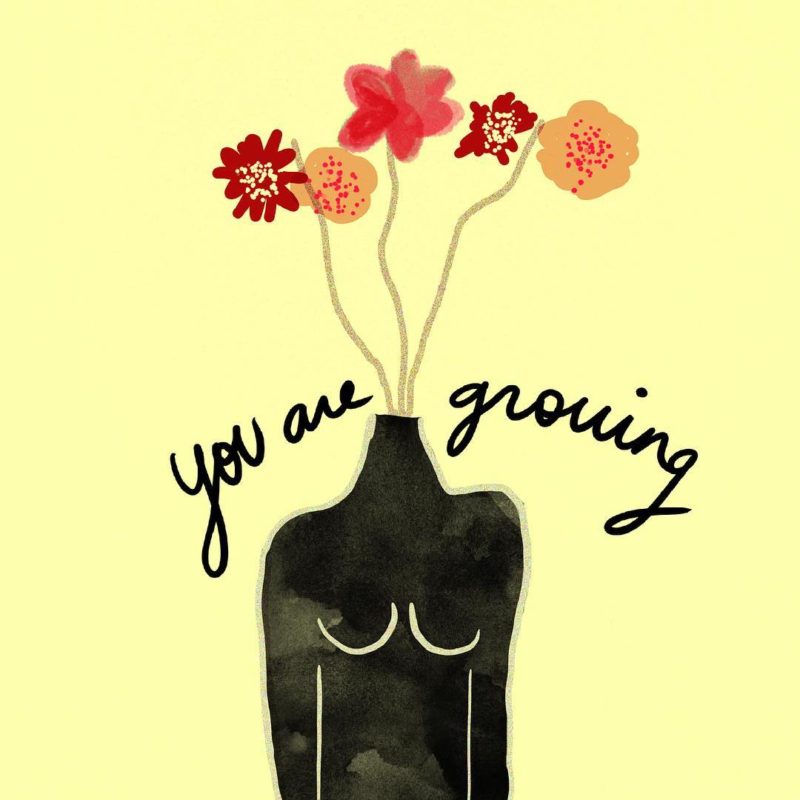We are always worried before an exam, an important meeting or a date. At the end we all want to have everything perfect and want to look good in front of others and ourselves. The worry we experience gives us a positive push to work harder to meet the criteria or reach our goals. However, sometimes this overwhelmed worry turns to a negative thought affecting us emotionally, cognitively, behaviourally and physiologically. At this point, we can start calling it “Anxiety”.
How Anxiety Affects Us
Anxiety affects us daily and makes it difficult to function in various domains such as work, social relationship and with one’s family as well. It affects us emotionally in form of panic, worry, distress, nervousness and feeling overwhelmed. In addition to affecting our cognition, thoughts, as people with anxiety might think that they will never succeed in anything, tend to find the easiest and not challenging tasks and think of the worst-case scenario that might take place. Anxiety affects us physically as many psychological disorders have an impact on our body, affecting our immune system accordingly. Some of the physiological manifestations are feeling of restlessness, shortness of breath, chest pain, heart pounding, sleep disturbances and dizziness.
Tom’s Story
We can see Tom*, for instance, who is painfully suffering from anxiety and has the thought of not being able to succeed at work, because he is always choosing to take the easiest and not challenging task. He thinks that others will judge him, as he is not enough for the task. Putting this in context of the given symptoms, if Tom is given a challenging task to do at work, he might experience shortness of breath, faintness and will be overwhelmed by the idea that he should always do more to please his employer in order not to be judged.
Cognitive Behaviour Therapy (CBT)
Based on the Cognitive Behaviour Therapy (CBT), our thoughts, behaviours and emotions are interconnected and affecting one another. For Tom*, the CBT model could easily be applied to make him understand his anxiety better. Tom has a thought that choosing the easiest task; would prevent him from doing any mistakes and thus his anxiety wouldn’t occur. He builds an assumption that others will judge him, which is probably due to a one-incident situation in which his boss criticized his mistakes at work. He then generalizes the idea of being criticized by his boss to being judged by everyone and thus he is always trying to avoid being judged. In this context, he feels nervousness, tensed and might experience panic attacks as well. Accordingly, it triggered his thoughts about himself and the way others will see him and for him avoiding similar situations is his best alternative.
Indeed, anxiety for some people is considered somehow a lifestyle that some people are afraid to lose, they falsely believe it is the way they think that make them succeed without having to experience failure or disappointment. Hence, understanding the reason we feel anxious through the CBT model would help in interpreting situations better rather than letting our emotions drive us. There are multiple ways a person with anxiety could positively cope, whether through self-help techniques, meditation or visiting a mental health professional to help them.
It is okay to be worried and to work for the best outcome, however, just don’t let it affect you negatively.
People are always there to help you: friends, family, colleagues and therapists.
Choose the one you trust that could actually give you the service you want and give yourself time to overcome your anxiety.
*Tom’s example: The real patient’s name has been changed for confidentiality purposes.









1 comment
Thank you very much Nour, it’s really impressive and comprehensive, in particular the examplery.
Comments are closed.